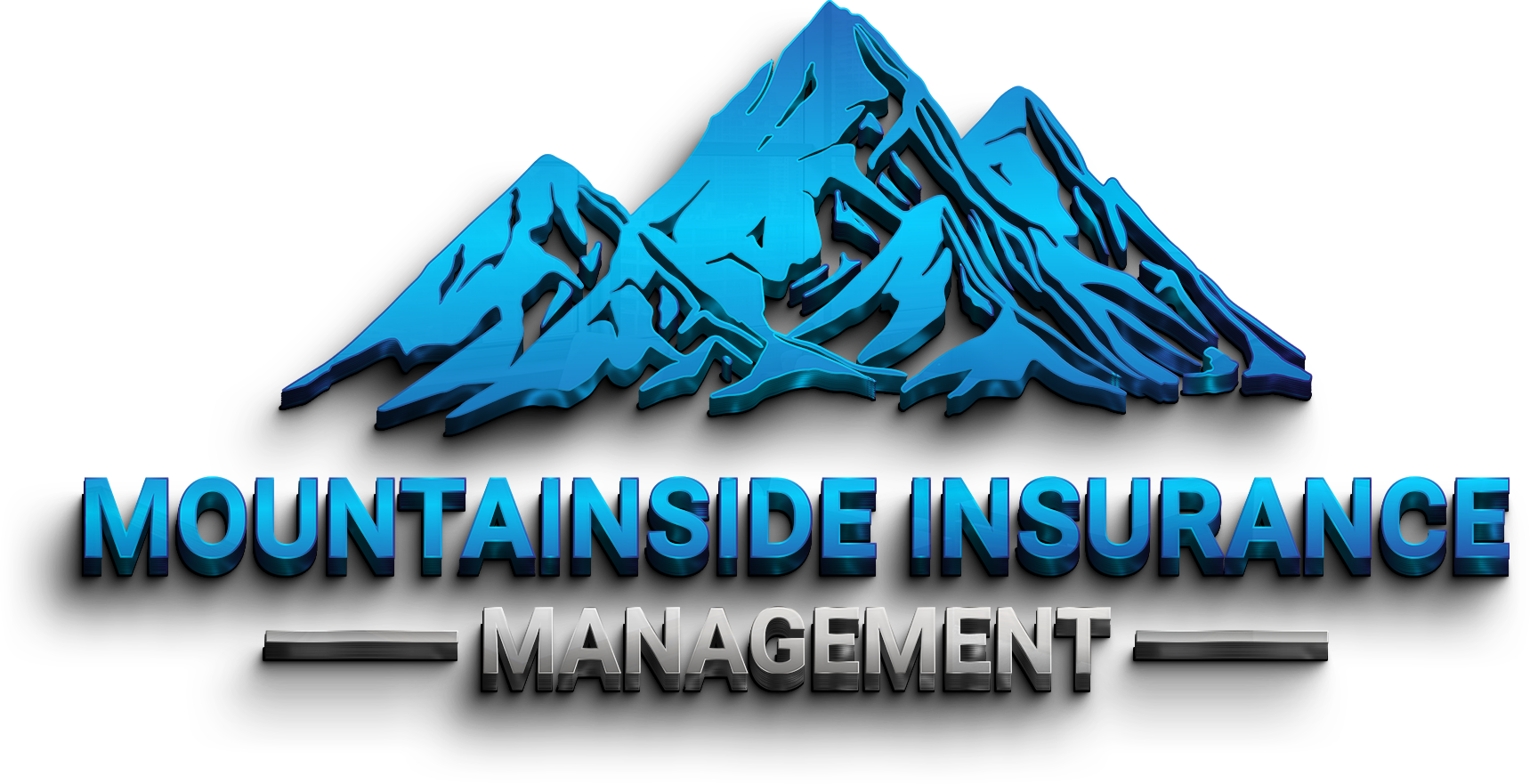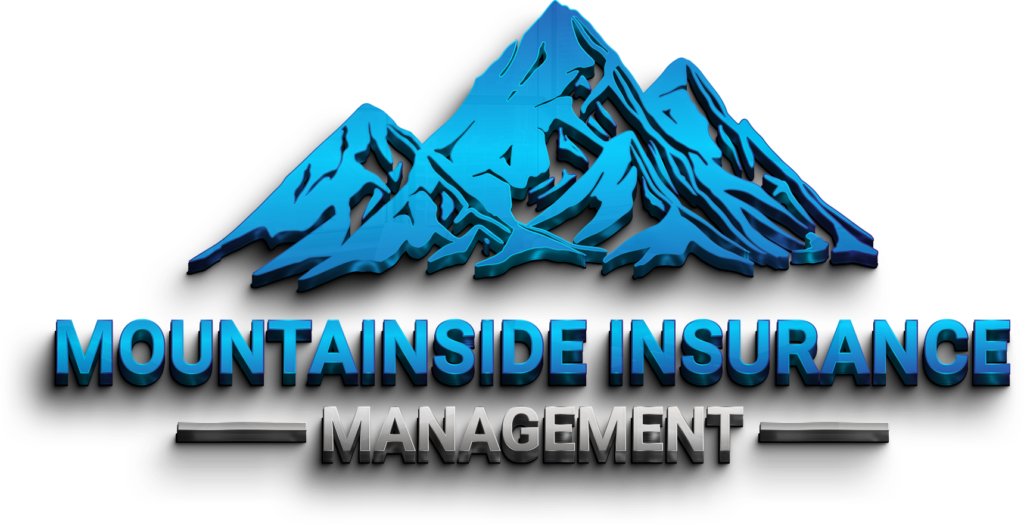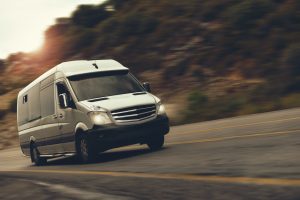A Closer Look at Commercial Auto Insurance
- 20 October 2020
- Business Auto
Does your Colorado-based business utilize company-owned or rented automobiles for official purposes? Do you or your staff use these vehicles for your day-to-day tasks? If so, you are the right candidate for commercial auto insurance coverage.
CO Business Auto Insurance is essential for protection against financial losses that may result from auto accidents. These insurance plans will cover potential lawsuits that your company may face arising from automobile-related accidents.
If a third party ever makes a claim for injury or property damage against your company, commercial auto coverage could prevent a hefty financial loss. An auto insurance plan could also help you pay for the repair or replacement of your vehicles.
Why you need more than personal auto insurance
If you already have personal auto insurance, you may be wondering whether or not you could use that for your business vehicle coverage. You have to realize that personal insurance policies provide coverage only for individuals and their families’ immediate members. Such plans do not usually cover business operations. In fact, most personal auto insurance plans explicitly exclude business-related coverage.
About the Business Auto Policy (BAP)
As a business owner with an automotive fleet, one of the most important things you should be familiar with is the Business Auto Policy (BAP). This is a specific type of commercial auto policy that provides insurance coverage for many different businesses. A versatile policy, BAP consists of several documents, including:
- The business auto coverage form
- Business auto declarations
- Endorsements
BAP may be an ISO form or a proprietary form issued by the insurance company. Some companies issue ISO forms along with proprietary endorsements.
The basics of the Business Auto Coverage Form
The Business Auto Coverage Form is the most important component of the ISO BAP. It consists of five sections covering distinct aspects of the policy, such as liability and physical damage, conditions, and definitions.
Section I – Covered Autos
The first section is a detailed explanation of the various types of “covered autos.” Auto types have one or more designation symbols, ranging from 1 to 19. These numerical symbols are used to identify the vehicle types in the declarations.
You can find out which vehicles fall under the category of “covered autos” by checking the policy declarations. If you’ve purchased liability coverage for vehicles owned or hired by your business, you will find the appropriate auto designation symbol next to it.
Section II – Liability Coverage
The second section details the commercial auto liability insurance. This provides insurance protection for third-party claims that result from accidents involving your business vehicles.
Claims can be quite costly, whether they involve personal injury or property damage. This is why it is necessary to obtain liability coverage if you or your workers routinely use vehicles for your business. Whether you own the cars or rent them, you will need liability coverage for possible injuries or property damage resulting from company-related activities.
Section III – Physical Damage Coverage
The third section involves coverage for commercial physical damage. You may purchase the necessary coverage for your company’s vehicles or the vehicles you rent for business purposes.
Keep in mind that commercial physical damage coverage is not the same as property damage insurance. Physical damage insurance is classified as first-party coverage. In contrast, property damage insurance covers damages caused to property owned by third parties.
Section IV – Business Auto Conditions
This section consists of Loss Conditions and General Conditions. In the Loss Conditions section, you will find information on your obligations in the event of an accident or loss or when a claim is made. This section also includes information on the assessment and payment of physical damage losses.
The General Conditions section covers policy rules. Here you will find information on the coverage territory and how your policy applies alongside other insurance plans.
Section V – Definitions
Finally, the section on definitions covers the meanings of essential terms such as auto and mobile equipment.
These are only some of the most critical aspects of commercial auto insurance. Keep in mind that endorsements may add other coverage and amendments. It would be best to consult with a qualified insurance agent to learn more about protecting your company from vehicle-related insurance claims.
About Mountainside Insurance Management
Mountainside Insurance Management, LLC is a multi-state insurance brokerage and management specialist. We are an independent brokerage and work with over 150 A+ carriers to secure comprehensive coverage for our clients. Our brokerage is committed to providing the highest quality insurance and risk management services at the most competitive premiums with hands-on services tailored to our customers’ needs. For more information about reducing your risk, contact us today at (720) 800-9495.




